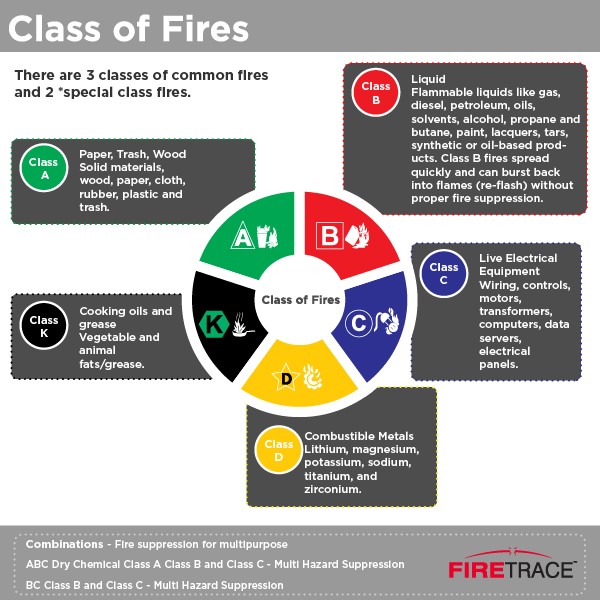class k fire examples
The answer is that it is an extinguisher with the ability to use wet chemical agents in order to suppress dangerous fires resulting from the ignition of oils grease and animal or. The only Mike-class sub built sank due to a raging fire April 7 1989.
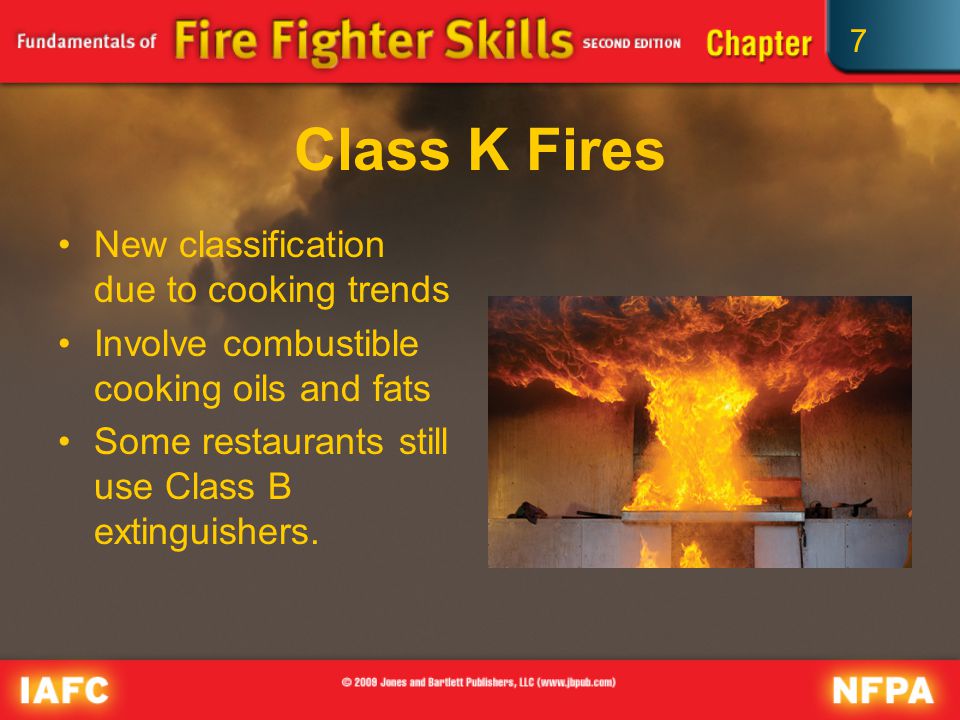
Portable Fire Extinguishers Ppt Video Online Download
Class D fire extinguishers must be used for Class D fires which are typically found in chemical laboratories.

. Below are examples of commonly used cooking oils. These types of fires involving cooking oils such as in deep-fat fryers. Class K fires arise from flammable liquids used for cooking like vegetable and animal fat-based oils and greases.
Examples of combustibles that cause a Class A fire include things such as paper rubber wood textiles straw plastic etc. They are one of the more dangerous fires to combat and. Class F Fires Class K Fires The areas use F or K for the class of fire.
The National Fire Protection Association NFPA categorizes fires by class. Water works best to extinguish a Class A fire. For more information about how you can utilize Class K fire extinguishers effectively to fight these dangerous fires contact us today at Getz Fire Equipment Company.
Commercial buildings and restaurants built. Le seul sous-marin de classe Mike coule à la suite dun incendie à bord le 7 avril. A Class K fire can also be known as Class F.
Cooking fires that spark from grease lard olive oil butter animal fats and vegetable fats are recognized as Class K fires. It may in some instances exacerbate the fires intensity. Vegetable oils such as safflower corn and canola.
There are five different fire extinguisher classes that match up with the different types of fires. For example a scorching combustible metal fire may break water down into hydrogen gas and oxygen acting as reactants for. The 5 Classes of Fire Extinguishers.
Flammable liquids such as alcohol ether oil. Class A fires are. Ordinary solid combustibles such as paper wood cloth and some plastics.
The relevant graphics and letter designations that accompany these classes are specified by. These types are fires use commonly flammable material as their fuel source. Class K fires concern substances often found in kitchens.
K -278 Komsomolets. Class B Fires are fueled by flammable or combustible liquids which include oil gasoline and other similar materials. There are four classes of fires.
Class A fires are defined as ordinary combustibles. Fires sparked by an electrical reaction a short circuit in wiring or inside an appliance for example are a little trickier than other fires because with the addition. Class C Fires.
Wood fabric paper trash and plastics are common.

Types Of Fires Fivestarfirecle

Maine Fire Prevention Services Should You Use A Fire Extinguisher Different Types Of Fires Require Different Types Of Extinguishers For Example A Grease Fire And An Electrical Fire Require The Use
![]()
Set Of Class K Fire Icon And The Industrial Worker Hold The Extinguisher Tank Class K Fire Is Cooking Fire Involving Combustion Stock Vector Illustration Of Animal Combustion 187319576

Types Of Fires Fivestarfirecle
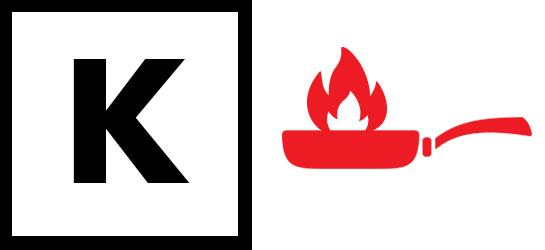
Classification Systems Groups Rusoh Inc

The Best Fire Extinguisher By Rickchambers Issuu
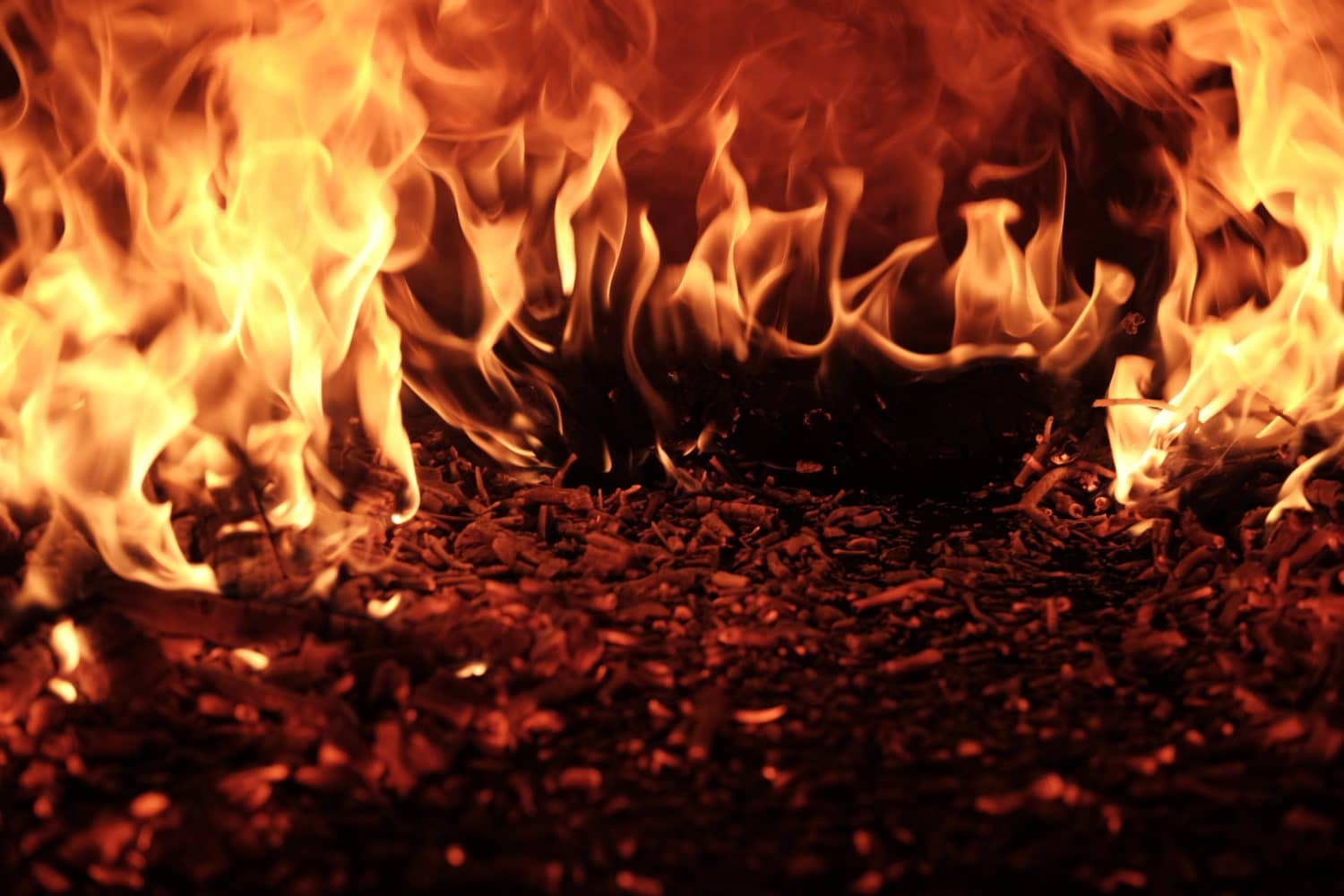
What Are The 5 Different Classes Of Fires Vanguard
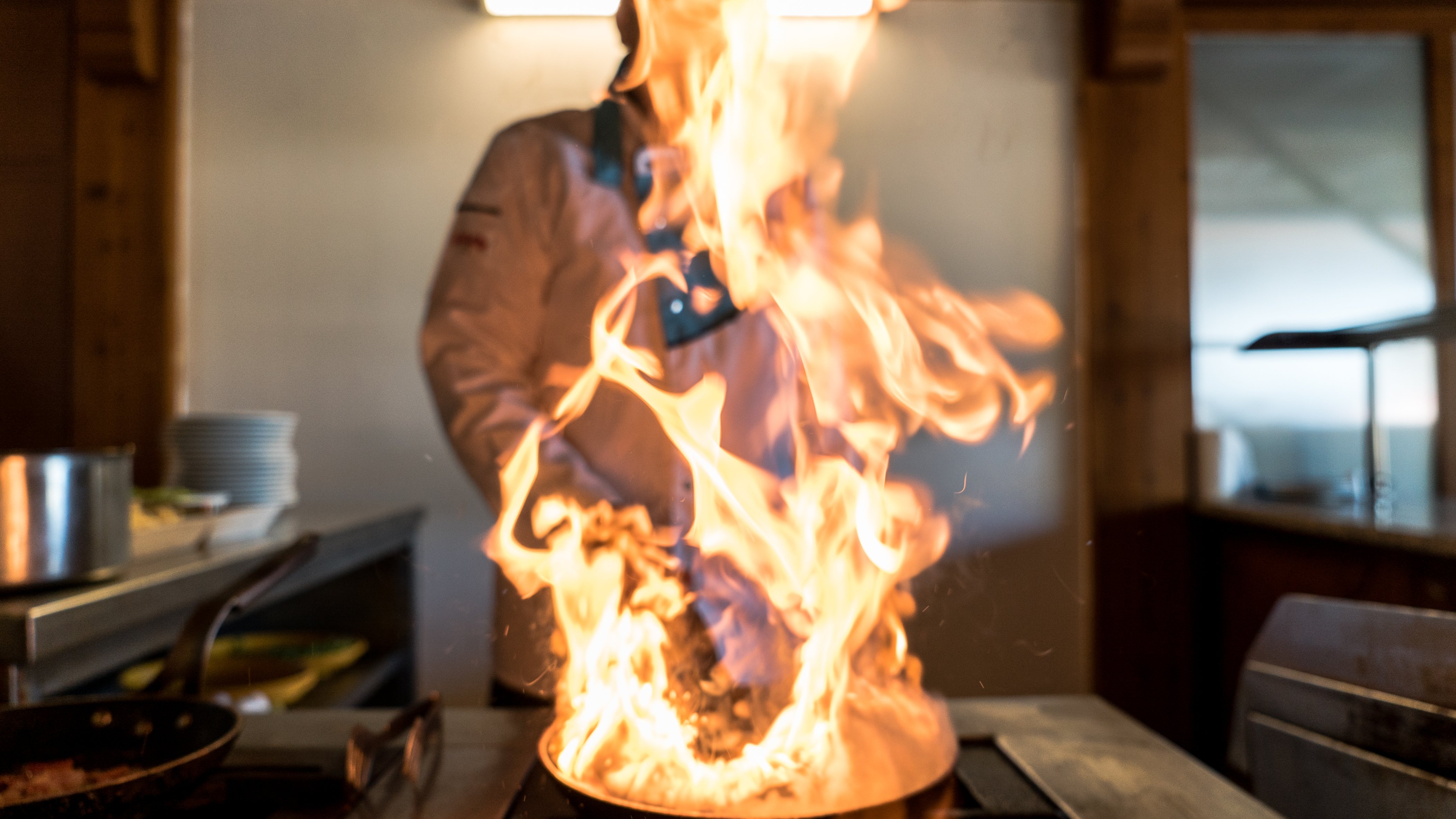
What Is A Class K Fire Extinguisher Used For
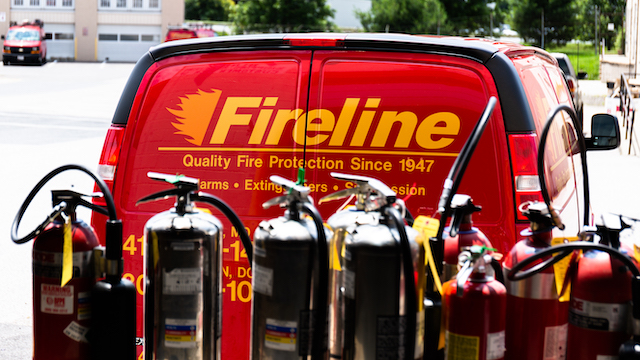
What Are Class K Fire Extinguishers Fireline

Technical Assessment Typical Examples Of Common Fires In The Home Class A Fires Ordinary Combustibles Burning Paper In Trash Can For Ex Caused By Ppt Download

Abcs Of Fire Extinguishers Fire Prevention Services The University Of Texas At Austin

What Is A Class K Fire Extinguisher Used For

Class K Fire Extinguisher For Kitchen Fire China Stick Type Cooking Oil Pan Fire Extinguishers And Stick Pack Cooking Oil Pan Fire Extinguishers

The Best Fire Extinguisher Reviews By Wirecutter


